Historic deal sees textile sector eyeing EU market
Vietnam’s textile and garment trade with the European Union is tipped to jump next year following last week’s landmark deal to axe export quotas.
The textile sector will look to tap the lucrative EU marke |
The agreement, which is effective from January 1, 2005, permits local garment and textile firms to freely export apparels to the European market, despite Vietnam not yet being a WTO member.
Trade Vice Minister Luong Van Tu said the deal is a major step forward for EU-Vietnam relations and will bring the mutual profits for both sides.
“Local garment and textile firms will be able to have a self-autonomous plan for exporting into the European market,” he said.
Trade Minister Truong Dinh Tuyen said the agreement would bring fresh momentum to local garment and textile firms.
“In the middle of this month, a meeting between local garment and textile enterprises and the ministry of trade and other concerned ministries will be held to map out specific measures to increase export turnover of locally-made apparels into the European market under the new situation,” he said.
“Furthermore, the removal of quota limitations into the European market is a very good news for Vietnam as it will eliminate possible negative issues under the ask-and-grant mechanism.”
Tuyen revealed that in return Vietnam had also: “Agreed a number of preferences to be given to some sectors of the European Union creating preferential conditions for the opening the market.”
Tuyen declined to give further details.
Regarding the US market, quota limitations would be removed when Vietnam becomes a WTO member, expected in late 2005.
Head of the European Commission delegation in Vietnam, Markus Cornaro, also welcomed the deal.
“The export capacity is huge. Vietnam’s textile and garment sector has an excellent reputation in the Europe. Whether this would [lead to] a doubling of exports or not I would not know. But, I think at least [a] significant increase [is] to be expected,” he said.
Cornaro said the agreement will help Vietnam compete with WTO members.
“There is a motivation for Vietnam to compete with other countries who are already WTO members. There will also be a European angle as some EU textile companies have invested in Vietnam and they themselves with Vietnamese partners and their employees will benefit with this arrangement,” he said.
The EU market is estimated to be the fertile market for local garment and textile firms as currently the market has an annual volume of consuming apparels amounting to around $70 billion.
This is the second important bilateral agreement with the European Union, right after the first agreement on Vietnam integrating into the WTO signed with the EU on last October 9th.
This year, Vietnam is expected to have the export turnover of $4.2 billion, of which around $1 billion will be obtained from the European market.
Cornaro said he expected further positive deals between the EU and Vietnam in the future.
“This [the textile deal] is a further improvement in bilateral relations between the EU and Vietnam and there is much optimism about the strong export-led growth witnessed by Vietnam.
“The EU is strong in many of the service sectors and the telecom market, but there are some sectors that we are looking for. I think all of us expect there to be [more openings in the service and telecom sectors]. There are already some things we have already discussed, during bilateral talks during WTO negotiations, to provide some openings in these sectors but at the same time safeguarding a number of key interests that Vietnam, I think, are in negotiation,” said Cornaro.
What the stars mean:
★ Poor ★ ★ Promising ★★★ Good ★★★★ Very good ★★★★★ Exceptional
 Tag:
Tag:
Related Contents
Latest News
More News
- Chip industry taking on new players (April 17, 2024 | 16:38)
- Support rises in semiconductor chip development in Vietnam (April 17, 2024 | 16:00)
- Beacon Investment Fund to expand Lotus Group's F&B operations (April 17, 2024 | 11:09)
- Public investment progress requires a stronger thrust (April 17, 2024 | 09:21)
- Disbursement delay deemed unacceptable (April 17, 2024 | 09:13)
- Lack of sand prompts alternatives for traffic projects (April 17, 2024 | 08:00)
- Vietnam asks Apple to make it global production base (April 16, 2024 | 16:11)
- SK E&S and T&T Group research LNG project in Quang Tri (April 16, 2024 | 15:38)
- Experts give insight into Vietnam's retail sector (April 16, 2024 | 09:00)
- Warburg Pincus invests in Xuyen A hospital chain (April 15, 2024 | 17:06)

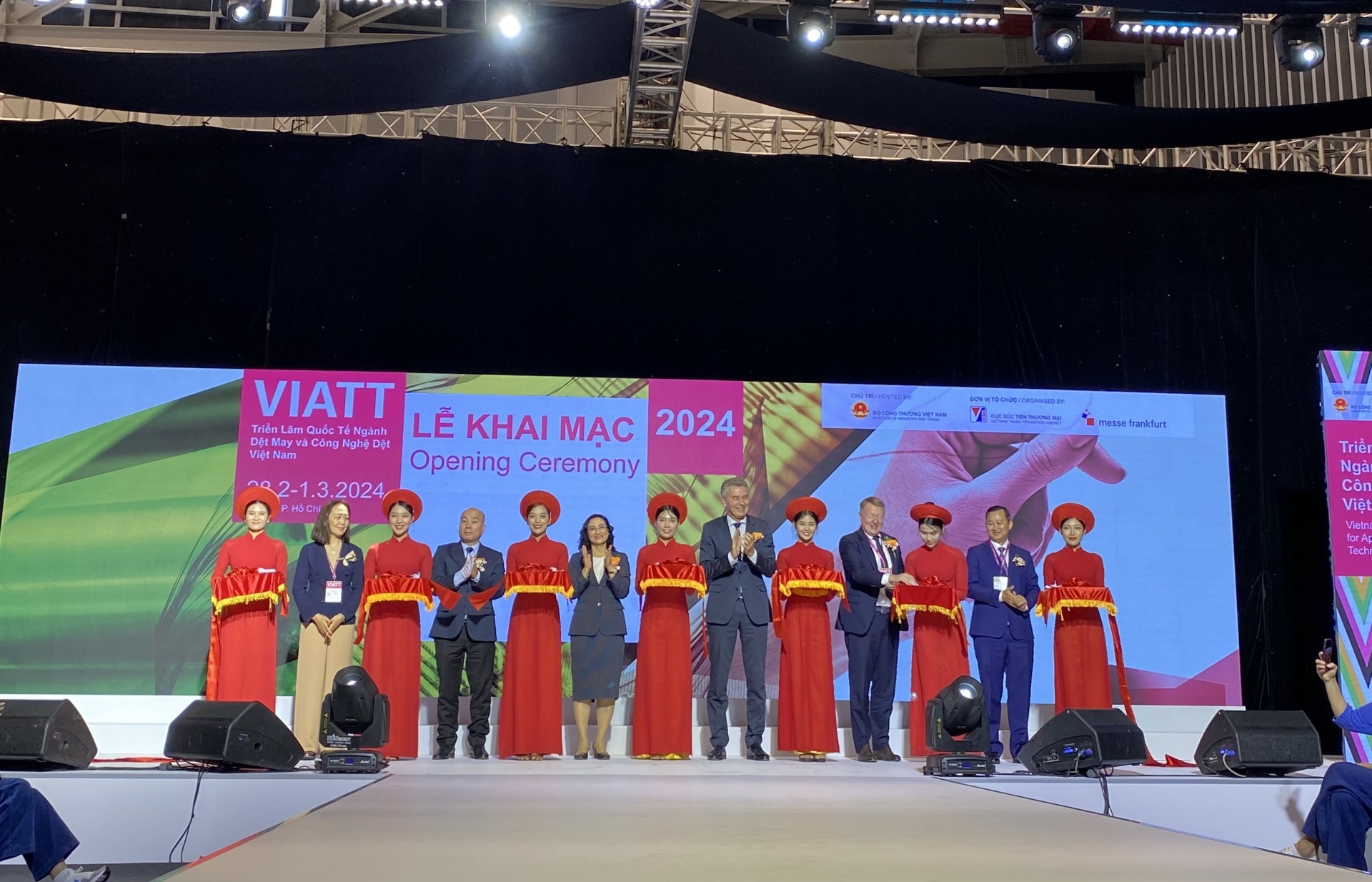
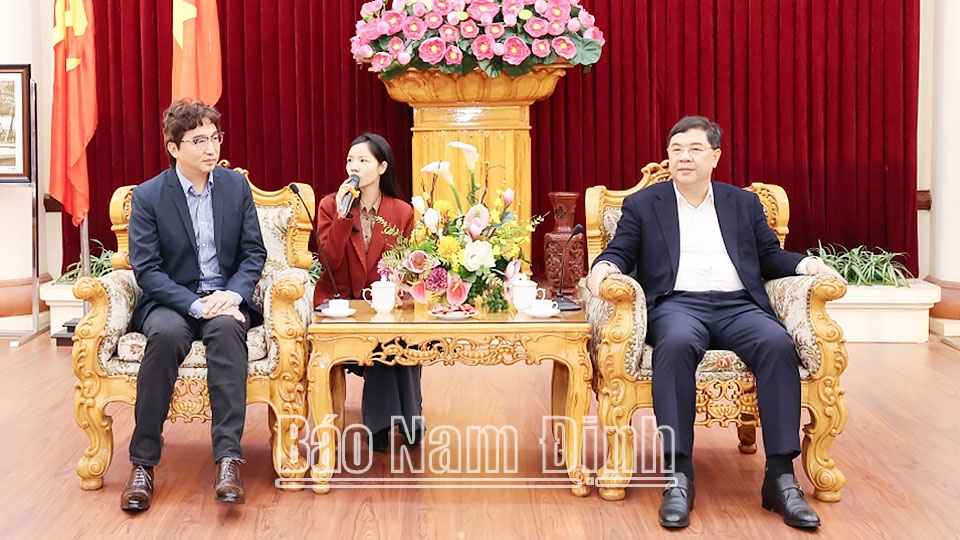
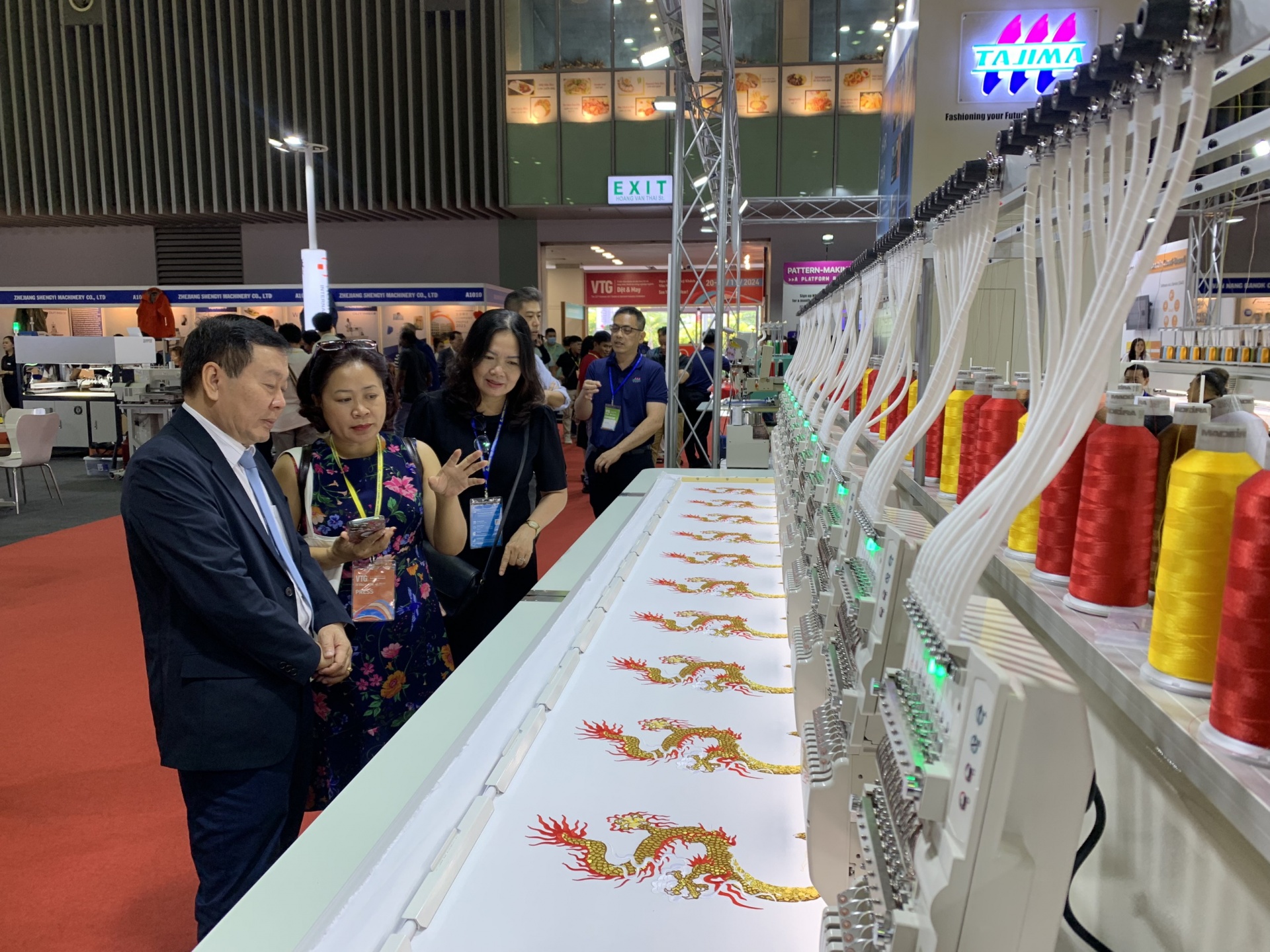

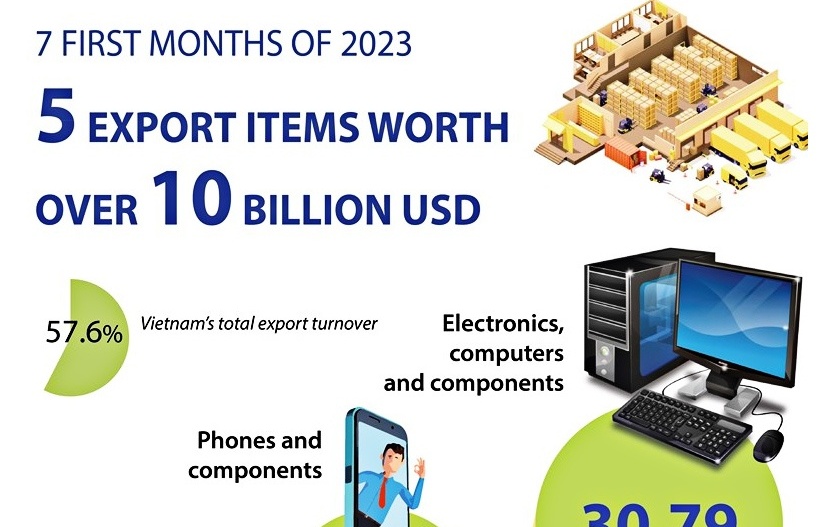
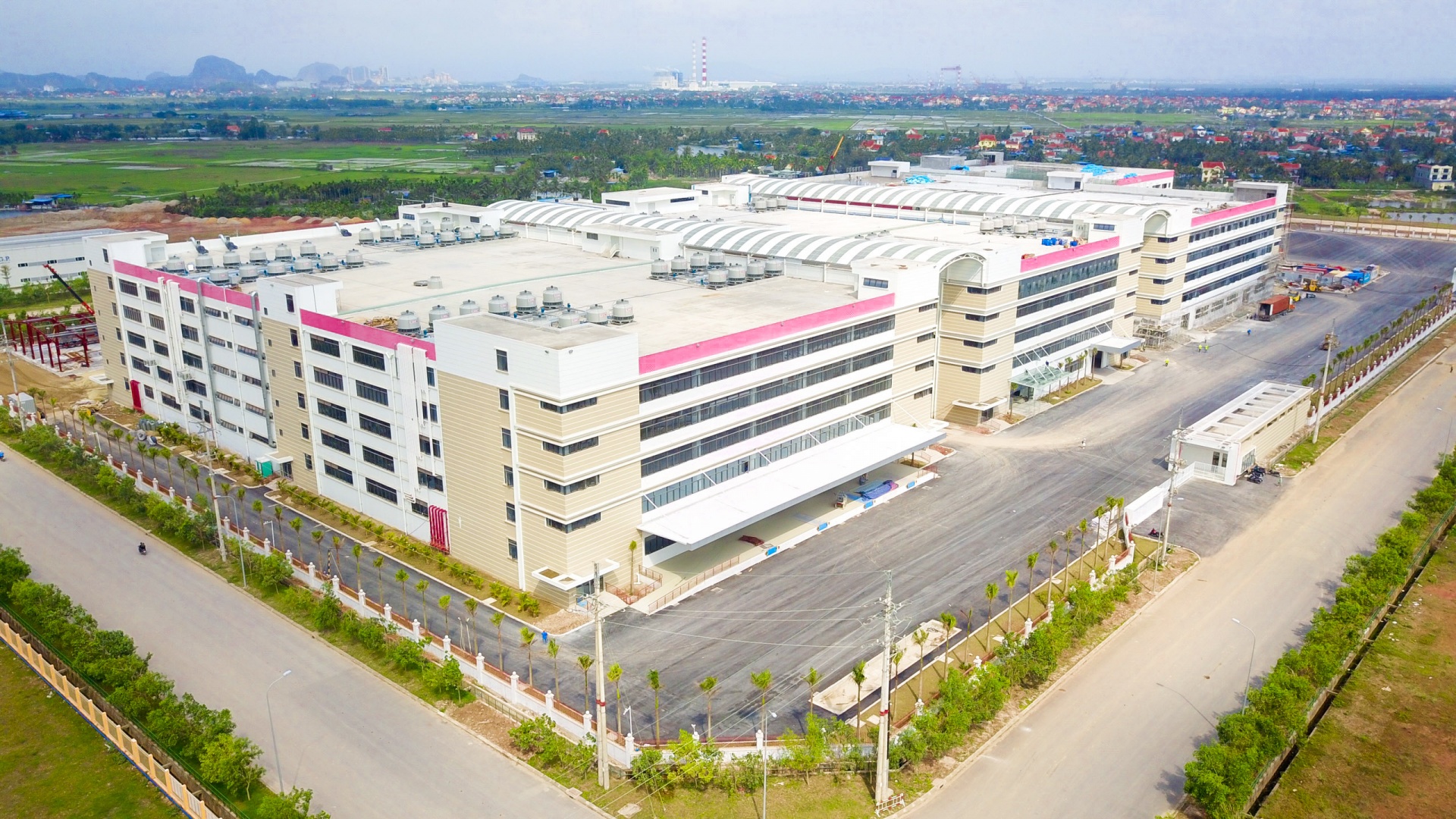
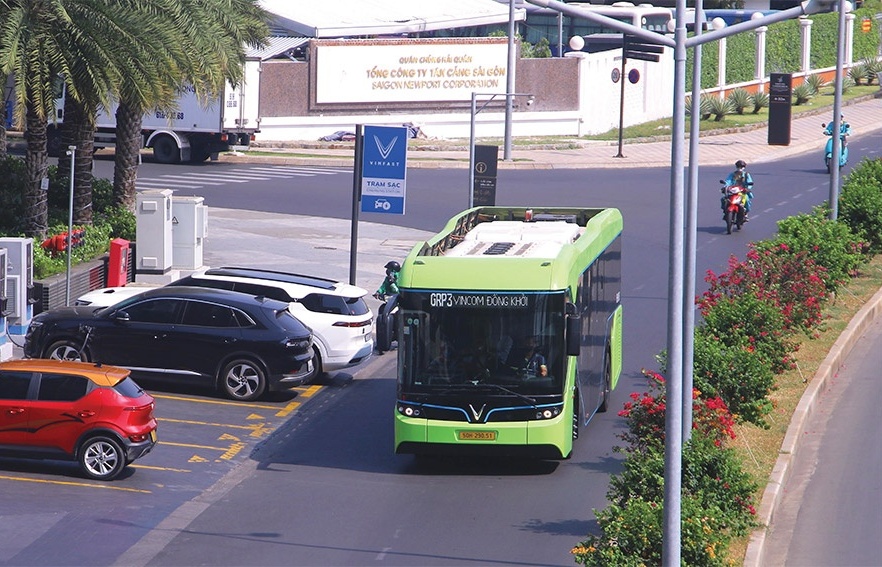


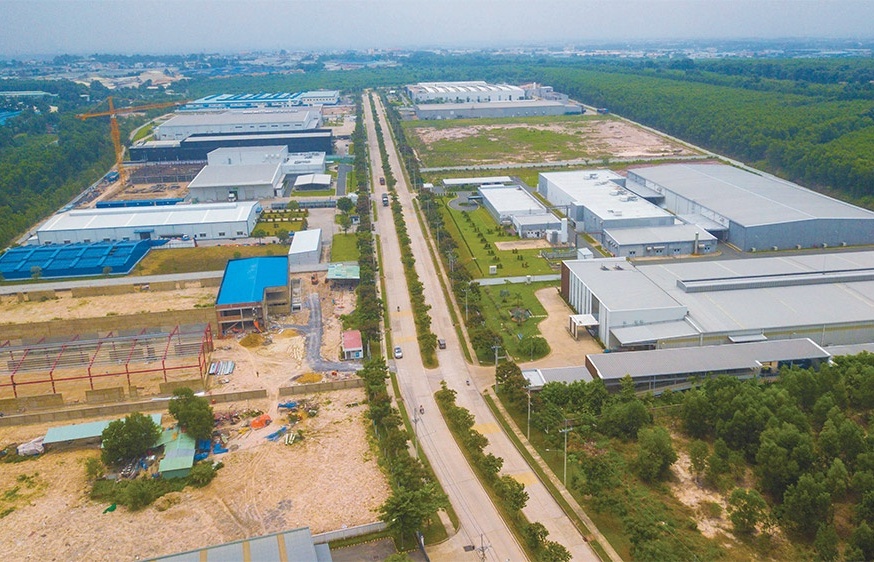
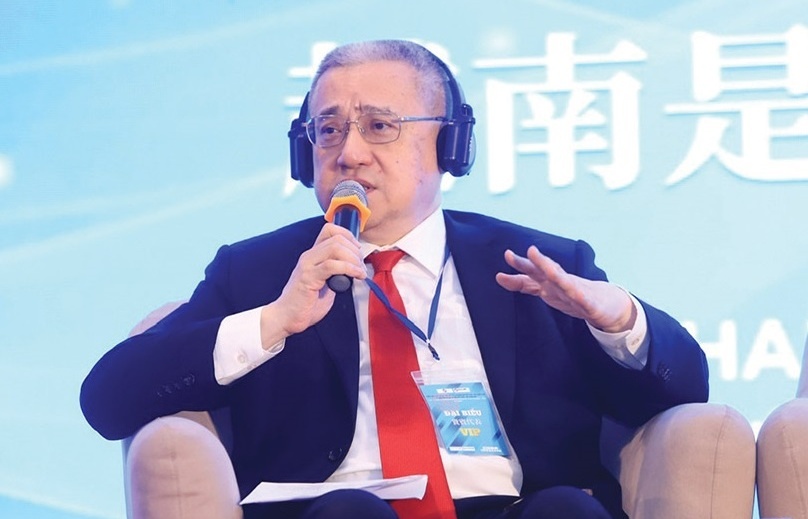
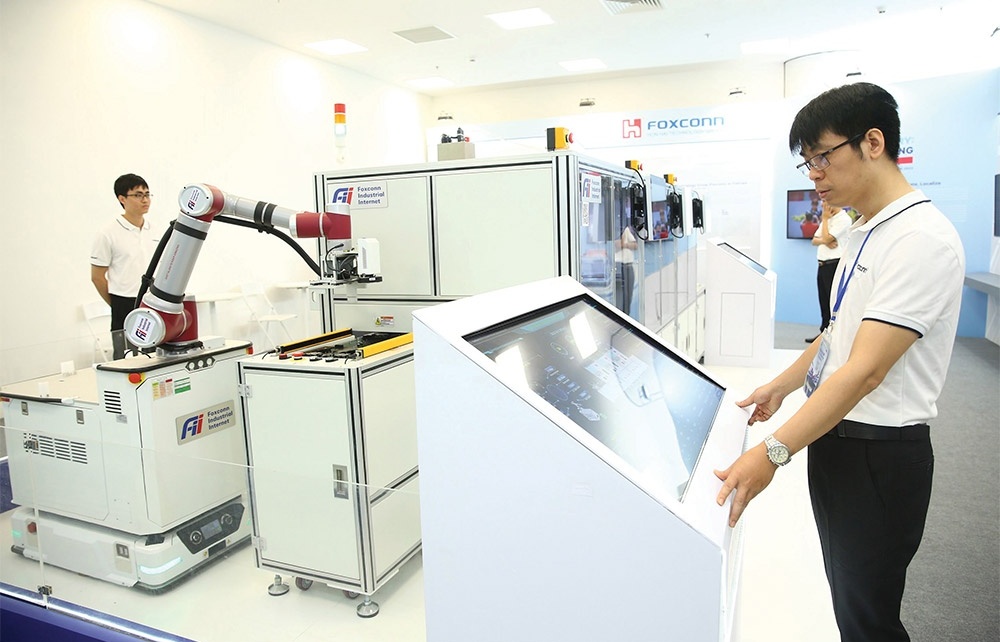



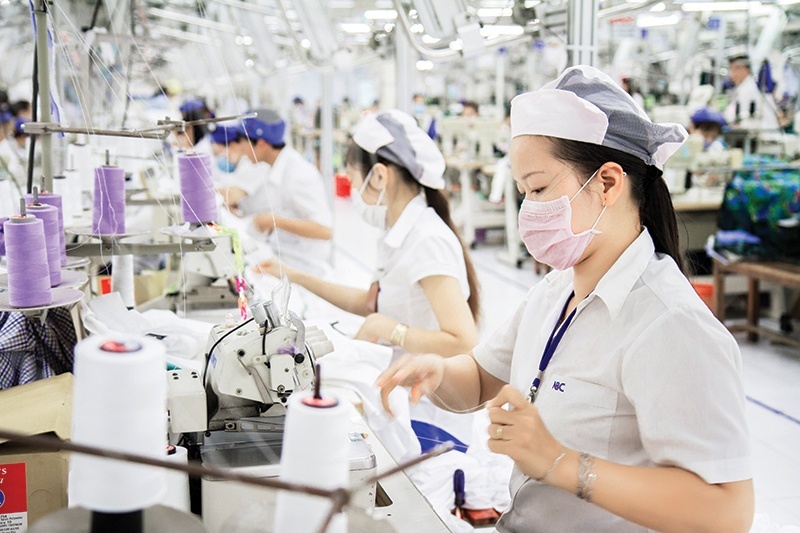

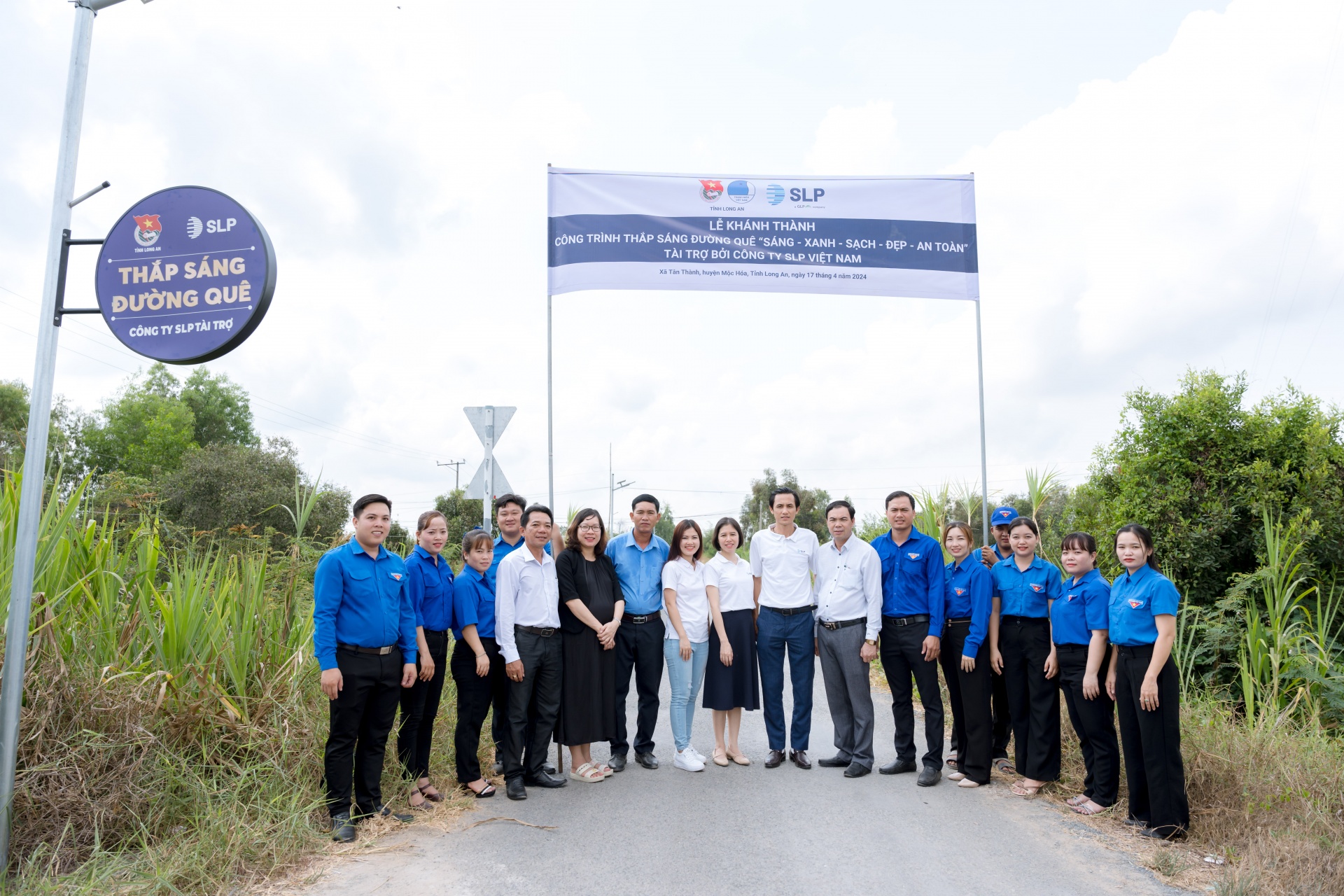



 Mobile Version
Mobile Version